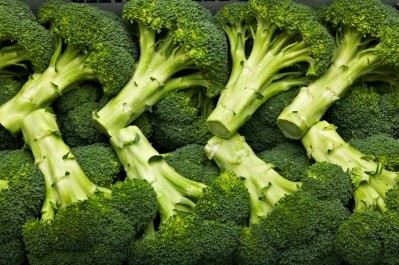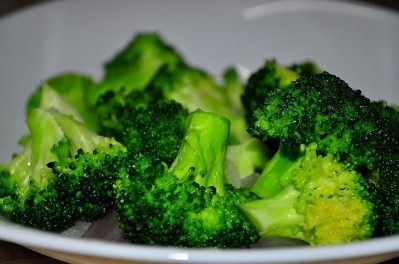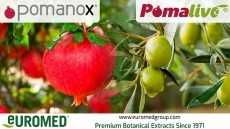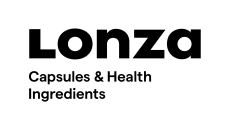Broccoli extract can ‘target’ cancer cells: Study

The research, published in Molecular Nutrition and Food Research, reports for the first time that sulforaphane – one of the primary phytochemicals in broccoli and other cruciferous vegetables – is able to selectively target and kill cancer cells, while leaving normal cells healthy and unaffected.
“It is well documented that sulforaphane can target cancer cells through multiple chemopreventive mechanisms," said the authors, led by Dr Emily Ho, associate professor at the Linus Pauling Institute at Oregon State University, USA.
“Here we show for the first time that sulforaphane selectively targets benign hyperplasia cells and cancerous prostate cells while leaving the normal prostate cells unaffected,” they added.
Broccoli benefit
The tissue of cruciferous vegetables, such as broccoli, cauliflower, and cabbage, contain high levels of the plant chemicals glucosinolates. These are metabolized by the body into isothiocyanates (such as sulforaphane), which have been suggested to be powerful anti-cancer agents.
As such, the potential health benefits of broccoli have led to a range of commercial supplements on the market. But Dr Ho said that it is important to demonstrate that sulforaphane is safe and effective for use in cancer prevention.
“Just because a phytochemical or nutrient is found in food doesn't always mean its safe, and a lot can also depend on the form or levels consumed,” she said.
“But [sulforaphane] does appear to be a phytochemical that can selectively kill cancer cells,” she affirmed.
Study details
The authors reported that SFN “selectively induced” cell death in cancer cell lines, but not in healthy cell tissue.
SFN exerts differential effects on cell proliferation, HDAC activity and downstream targets in normal and cancer cells.
The study also found that sulforaphane acts to inhibit histone deacetylase (HDAC) enzymes – a group of enzymes that play an important role in access to DNA and genes expression, including expression of tumor suppressor genes.
Due to its importance, HDAD inhibition is being targeted from both a pharmaceutical and dietary approach as important and promising field in cancer treatment, said the authors.
Ho and her colleagues said sulforaphane from dietary sources can help to turn on silenced genes and restore normal cellular function.
They added that their results “provide further support for the relevance of sulforaphane as a dietary HDAC inhibitor and chemopreventive [cancer preventing] agent” by showing that sulforaphane can selectively target cancer cells while leaving normal cells virtually unaffected.
Source: Molecular Nutrition & Food Research
Published online ahead of print, doi: 10.1002/mnfr.201000547
“Differential effects of sulforaphane on histone deacetylases, cell cycle arrest and apoptosis in normal prostate cells versus hyperplastic and cancerous prostate cells”
Authors: J.D. Clarke, A. Hsu, Z. Yu, R.H. Dashwood, E. Ho













